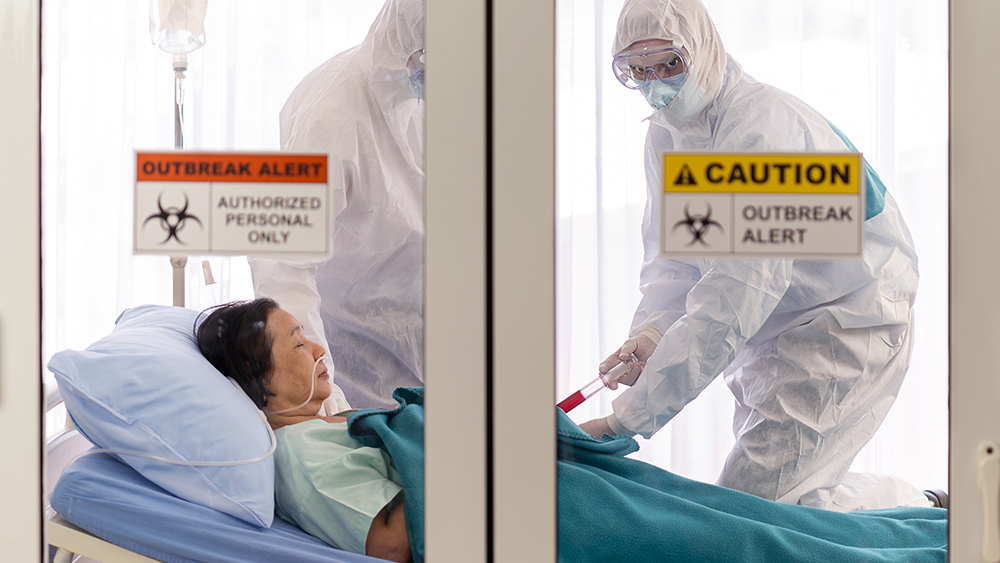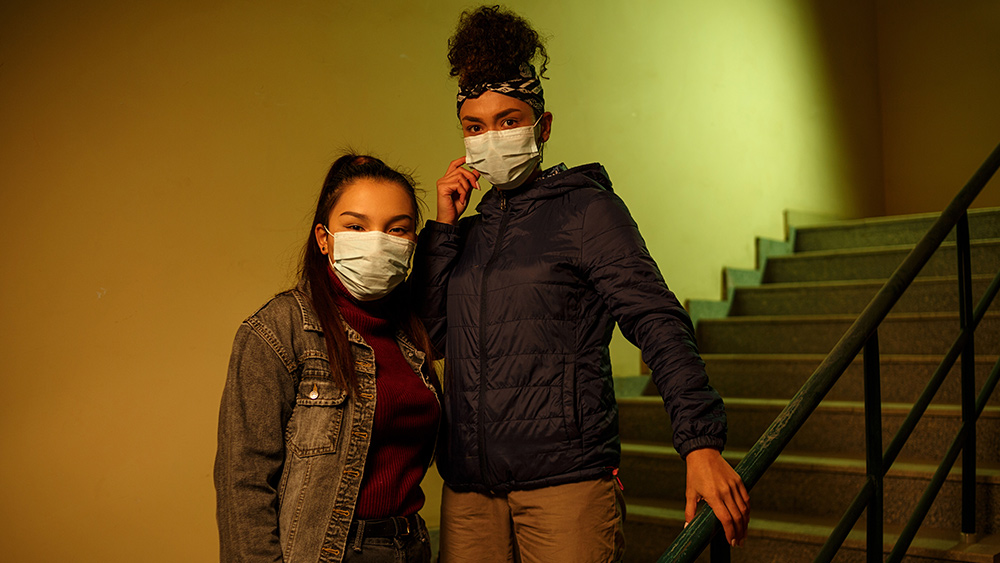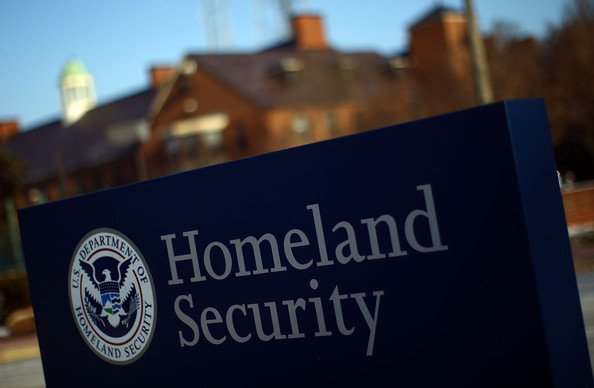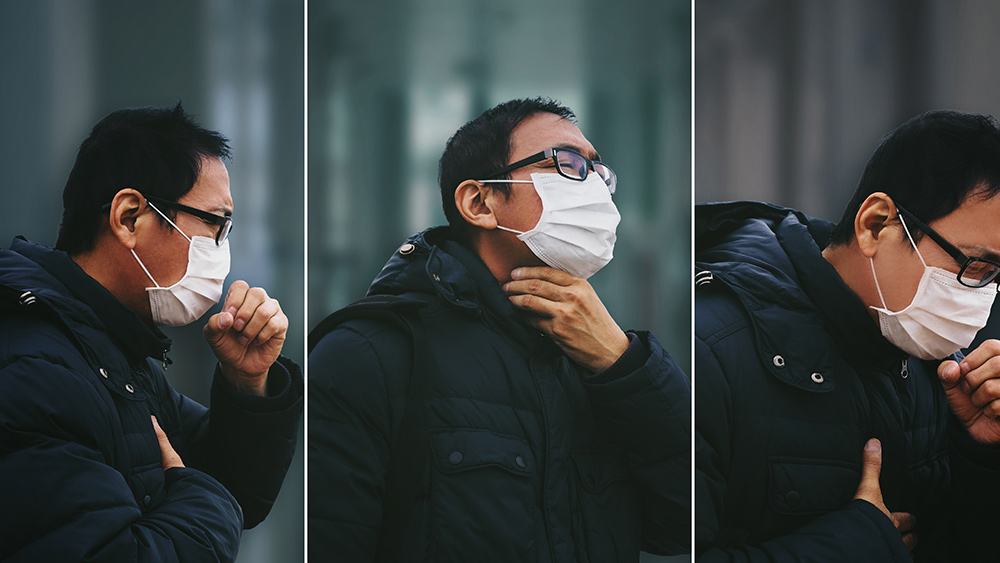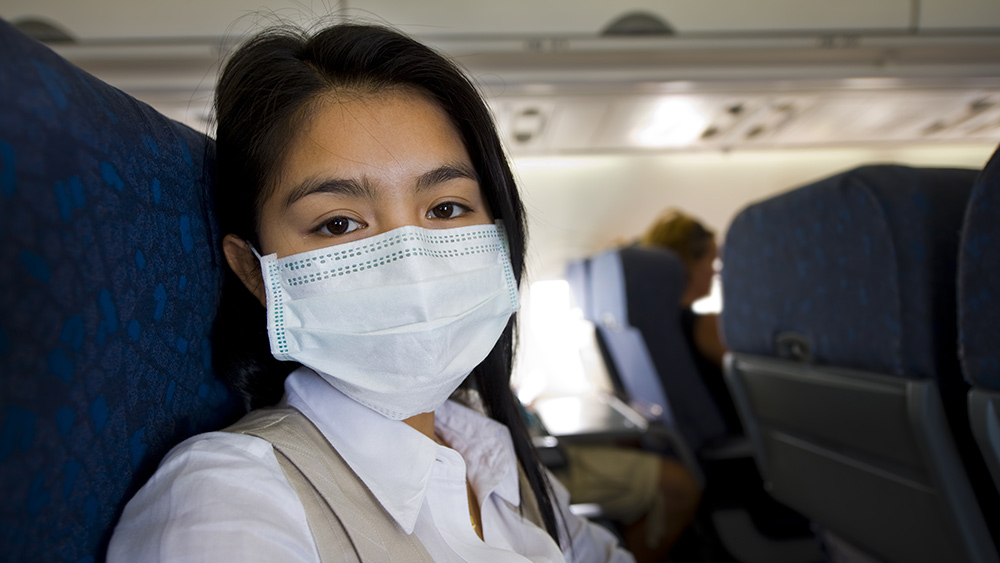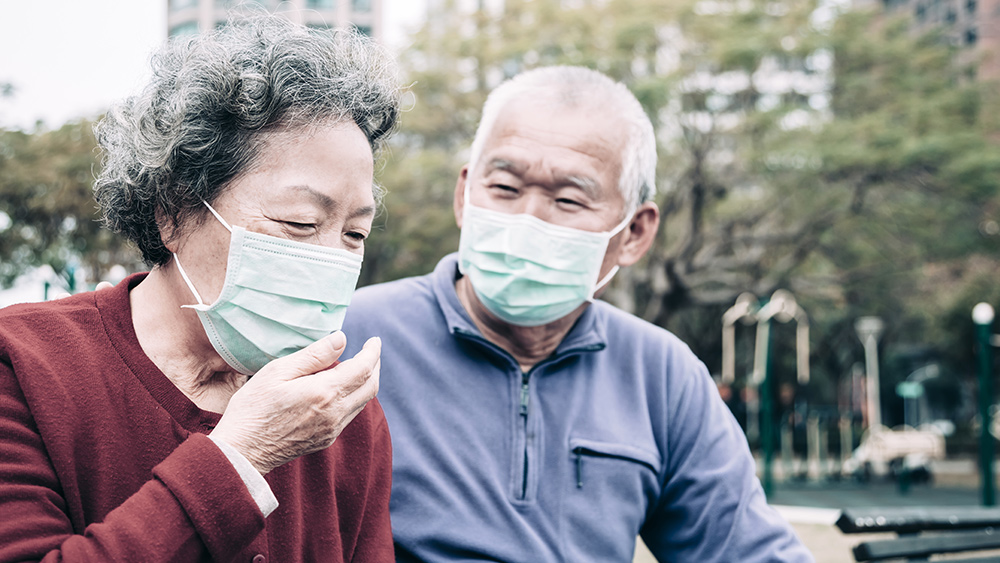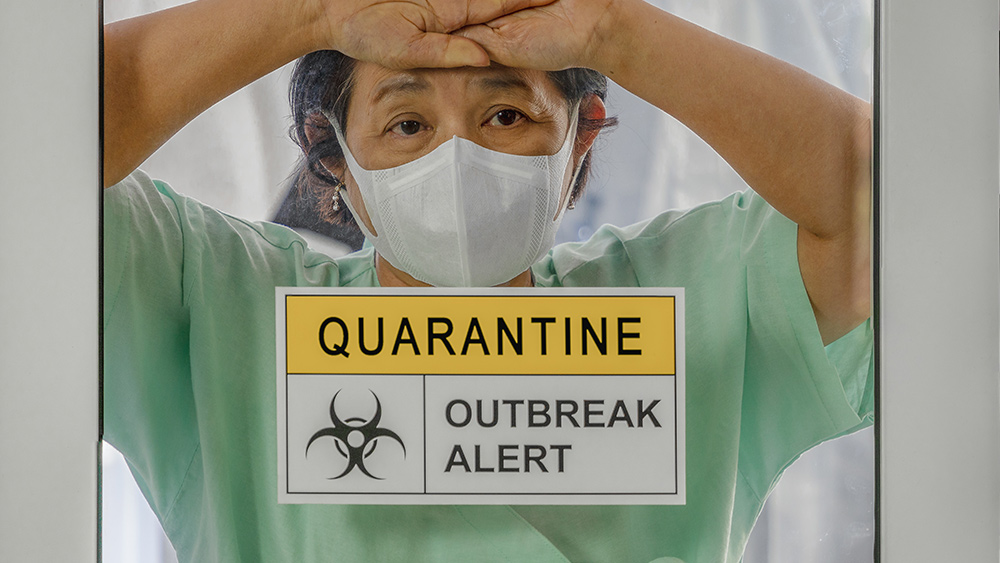Iran’s VP infected by the coronavirus – many top officials are also sick… or DEAD
03/04/2020 / By Arsenio Toledo
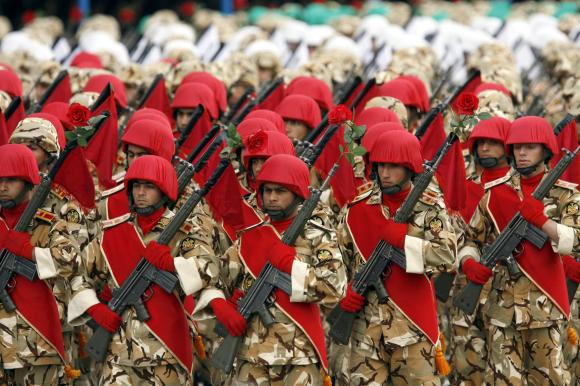
Masoumeh Ebtekar, the vice president of Iran and the highest-ranking woman in President Hassan Rouhani’s cabinet, has contracted the coronavirus (COVID-19), according to report by state-run media on Thursday. Ebtekar is the Vice President for Women and Family Affairs and one of four vice presidents in Rouhani’s cabinet, comparable in rank to cabinet secretaries in the United States. Ebtekar, known to many as the spokesperson for the captors during the 1979 hostage crisis, where 52 Americans were held at the U.S. embassy for over 400 days, is also the first female member in the Iranian cabinet since 1979.
In a report by CBS News, quoting state media outlets, the vice president was suffering from “mild infection” and has not yet been hospitalized. This puts Ebtekar among the seven high-ranking officials — both in parliament and the executive — to have contracted the coronavirus. The announcement, however, comes a day after a cabinet meeting where photos by BBC Persia reveal Ebtekar sitting around 10 feet away from President Rouhani.
معصومه ابتکار، معاون رییسجمهوری ایران، که تایید شده به ویروس کرونا مبتلا ست، طبق عکسهای منتشرشده، دیروز در جلسه هیات دولت شرکت داشته. از جمله حدود سه متر با خود رئیسجمهور حسن روحانی فاصله داشته. https://t.co/0Dixl1MFxN pic.twitter.com/cMmd26fslj
— Hadi Nili (@HadiNili) February 27, 2020
Coronavirus also hits top officials
Aside from Ebtekar, other top officials in Tehran have also tested positive for the coronavirus (COVID-19): Deputy Minister for Health Iraj Harirchi contracted the disease on February 25, days after he was seen visibly coughing and wiping away fever sweats during a press conference. These also include Mojtaba Zolnour, a parliamentarian from Qom and head of Parliament’s committee on national security and foreign policy; Mahmoud Sadeghi, a member of parliament from Tehran; Morteza Rahmanzadeh, mayor of Tehran’s 13th district; and Mohamad Reza Ghadir, director of Qom’s state medical university and head of that city’s infection management committee.
Hadi Khosroshahi, a prominent cleric and the country’s former ambassador to Vatican City, died last week after contracting the illness, as well as Mohammad Mirmohammadi, a member of the Expediency Discernment Council and the highest-ranking official in the Islamic Republic to be killed by the outbreak. The council, which advises supreme leader Ali Khamenei, last met in the middle of February with Mirmohammadi present. The extent of infections within key government positions could suggest that the disease has already spread within the ranks. (Related: Coronavirus on track to reach EVERY COUNTRY in the world – South Korea, Italy and Iran see sharp increase in cases.)
Situation in Iran deteriorating rapidly
A spokesman from the Ministry of Health stated the country has 1,501 confirmed cases, along with 66 casualties, in a statement released Monday. Most infections come from the province of Qom, which is south of Tehran and home to over a million people.
In response to the outbreak, many of Iran’s neighbors have restricted border access. Travel is closely regulated, and many flights going in and out of the country have been suspended. The government has also ordered all schools and universities to be closed until after the Iranian New Year on March 21. Public gatherings and events planned for that week, which includes sports and cultural events, have been shut down, according to the Ministry of Culture. Friday Prayers and other religious occasions have also been canceled. However, President Rouhani has refused to initiate a quarantine and lockdown cities.
“Corona[virus] should not be turned into a weapon of our enemies for shutting down work and production in the country,” he said.
By the end of this week, a total of 22 laboratories in Iran will be put to work testing for COVID-19, and it’s been reported that the Supreme Leader himself has met with top health officials last Thursday, reportedly wishing them success in this “difficult and momentous task,” as well as expressing hope that “the malicious virus will be uprooted as soon as possible.”
Furthermore, Iran’s army, including its Islamic Revolutionary Guard Corps, are preparing to construct hospitals in Qom, similar to China, if the number of patients increases and hospitals are unable to deal with it. To note, a total of 20 countries have reported receiving cases — for some countries, their first — from Iran.
It remains to be seen if Iran’s late response is going to have a massive impact on the spread of COVID-19. In all likelihood, things are going to get worse.
“It’s symptomatic of the revolutionary state’s highly ideological and often inept approach to governance,” says Suzanne Maloney, an Iran expert working for the Brookings Institution, in an interview. “What’s maddening is that Iran has enormous scientific capabilities and a well regarded public health system. So this is entirely a leadership failure.”
Sources include:
Tagged Under: coronavirus, coronavirus outbreak, covid-19, Hassan Rouhani, infections, Iran, Iran coronavirus outbreak, Iran COVID-19 outbreak, Masoumeh Ebtekar, outbreak, pandemic, priority
RECENT NEWS & ARTICLES
COPYRIGHT © 2017 PLAGUE INFO


